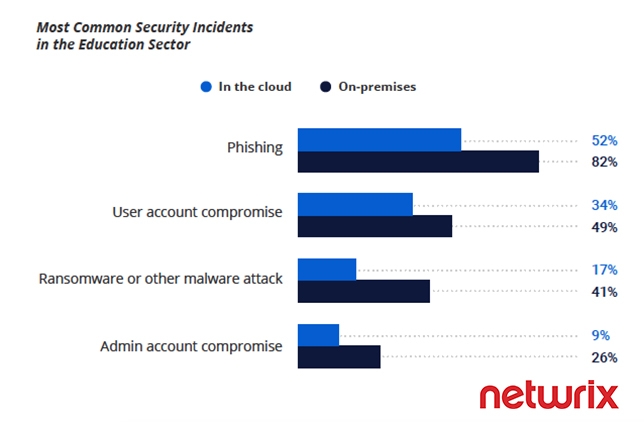Ellucian has announced the acquisition of EduNav, a provider of higher education academic planning and student success tools, according to a news release.

In 2024, experts say that AI-based tools will enable threat actors to dramatically increase both the quantity and impact of their attacks — and attacks are more likely to focus on stealing valuable data than on ransom payments. Compliance will continue to grow in complexity, and cyber insurance will likely see rates stay flat or dip slightly.
Boise State University’s Institute for Pervasive Cybersecurity has announced a new partnership with cybersecurity-as-a-service provider Sophos, giving Boise State access to Sophos’ endpoint security offerings and adding the latest technology to students' experiential learning, according to a news release.
The University of Tennessee (UT) System has extended its use of Oracle's Cloud applications by adopting the Oracle Student student information system (SIS) across its five campuses to help students manage their education journey from enrollment to graduation and beyond.
The Midwestern Higher Education Compact has partnered with AI and data analytics provider SAS to allow academic institutions in 47 states to access SAS’ Viya unified analytics platform at a significant discount, the organizations announced today at Educause.

In three of four cyberattacks targeting education institutions over the last 12 months, IT and security practitioners surveyed by Netwrix cited compromised on-premises user or admin accounts as the attack pathway, according to a new report.
Virtual psychiatric care provider Talkiatry has announced a new partnership with mobile credential and payment provider Transact Campus that will make mental health support more available on college campuses, according to a news release.
Digital asset management platform PhotoShelter has unveiled a new feature called AI Visual Search, giving brand subscribers the ability to search their entire brand library based on visual descriptions and eliminating the need to manually add metadata to images, according to a news release.

Microsoft has announced Visual Studio Code for Education, a new computer science instruction platform designed to teach students tools used by professional developers. Microsoft is inviting educators to join the pilot program, try it out in their classrooms in the 2023–24 school year, and provide feedback.
MongoDB University has announced new partnerships and initiatives to help close the widening software-development skills gap, according to a news release.